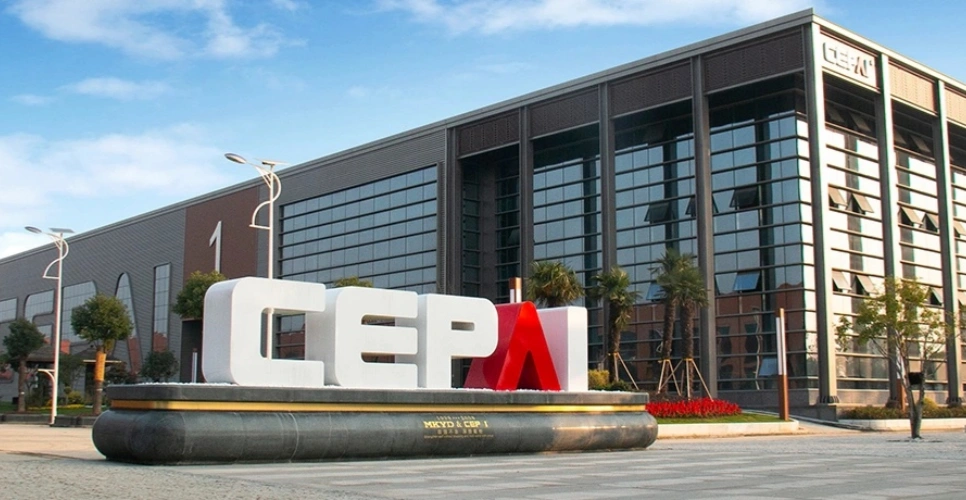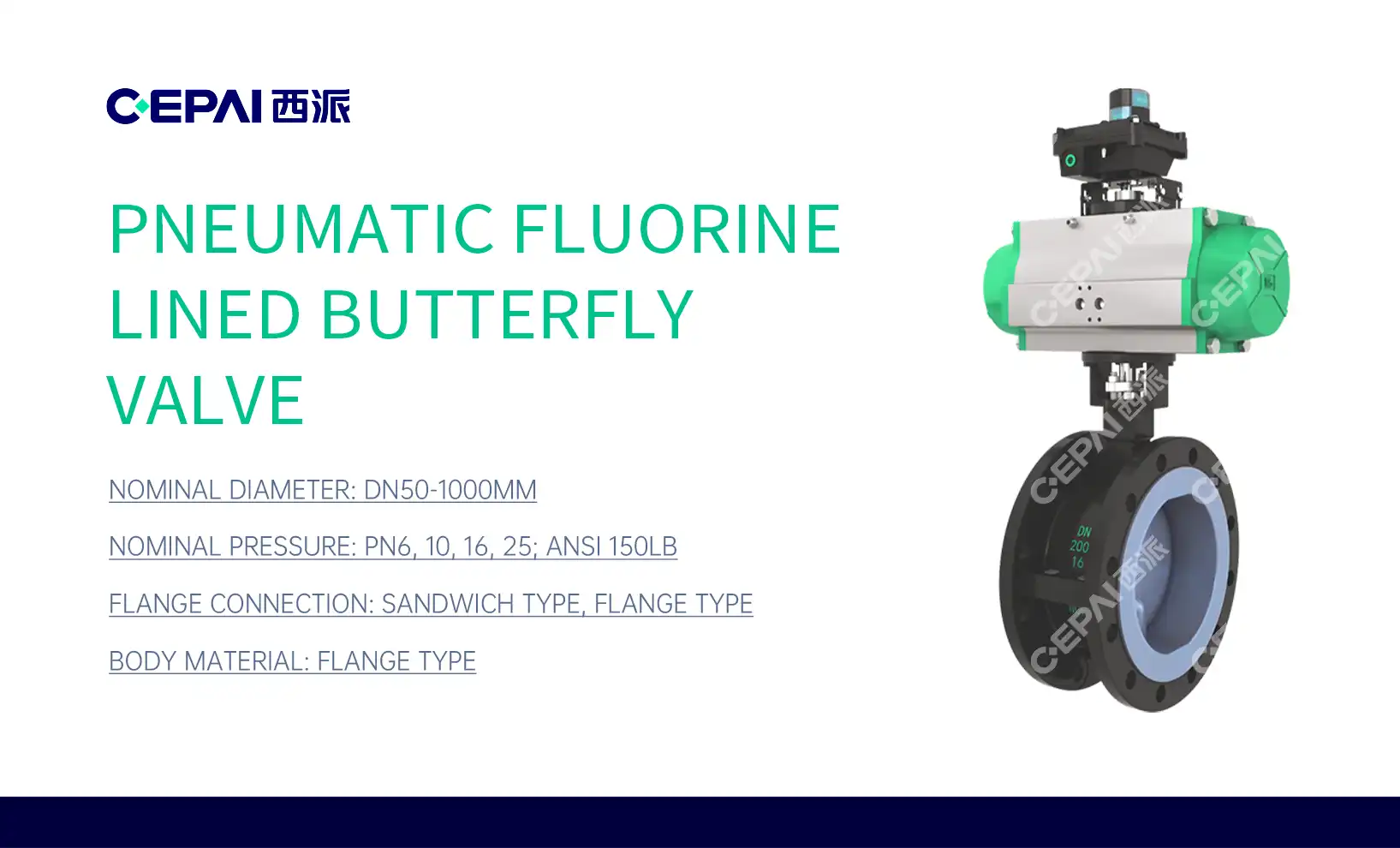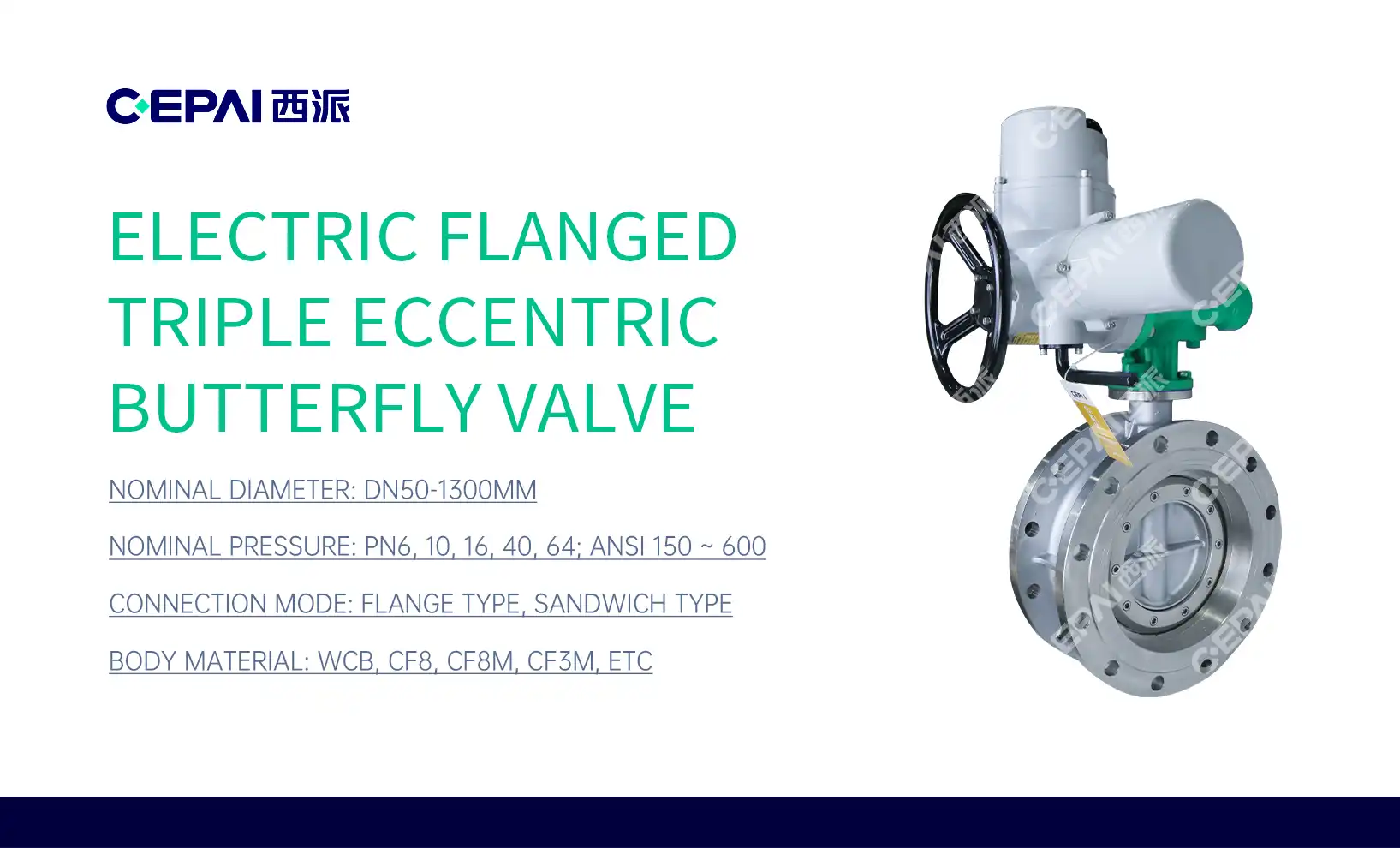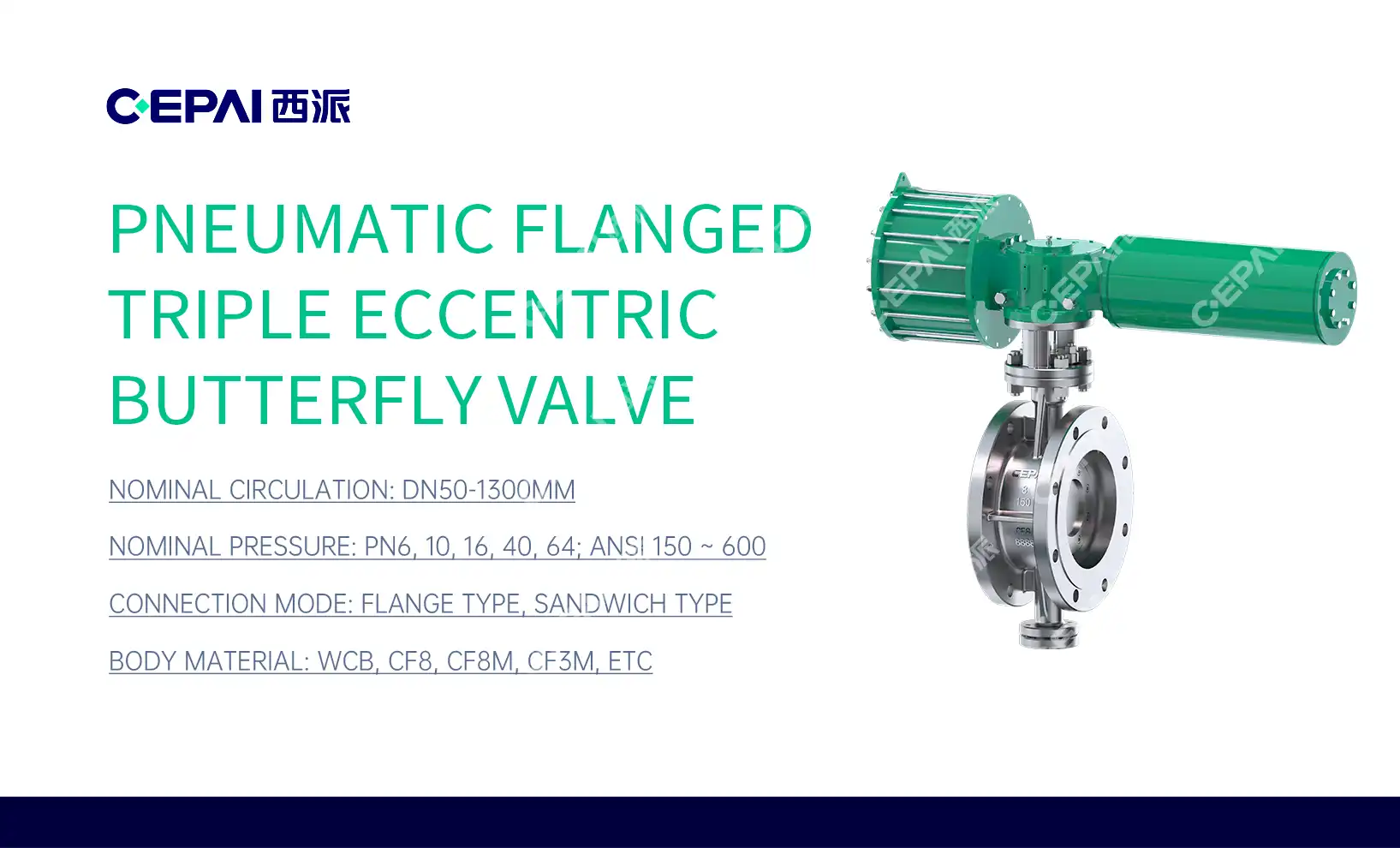Understanding Motorized Ball Valves in Petrochemical Applications
Design and Functionality of Motorized Ball Valves
Motorized ball valves are engineered to provide superior flow control in petrochemical processes. These valves consist of a spherical disc, or ball, with a bore through its center. The ball rotates within a specially designed seat, allowing for precise regulation of fluid flow. The key feature that sets motorized ball valves apart is the integration of an electric actuator. This actuator enables remote operation and automated control, eliminating the need for manual intervention.
The design of motorized ball valves incorporates materials suitable for harsh petrochemical environments. Common materials include stainless steel, carbon steel, and specialized alloys that resist corrosion and withstand high temperatures and pressures. The valve's internal components, such as seats and seals, are crafted from durable materials like PTFE or reinforced polymers to ensure long-lasting performance under challenging conditions.
Functionality-wise, motorized ball valves offer versatile operation modes. They can be configured for on-off control, modulating control, or multi-position control, depending on the specific requirements of the petrochemical process. The electric actuator allows for precise positioning of the ball, enabling fine-tuned flow control that manual valves cannot achieve. This level of control is particularly valuable in processes that require frequent adjustments or maintain strict flow parameters.
Advantages of Motorized Ball Valves in Petrochemical Plants
Motorized ball valves offer numerous advantages in petrochemical applications. Their ability to provide tight shut-off helps prevent leaks and ensures process integrity, which is crucial in handling hazardous materials. The remote operation capability reduces exposure risks for plant personnel, enhancing overall safety. Additionally, the quick response time of motorized ball valves allows for rapid process adjustments, improving reaction to changing conditions and minimizing production disruptions.
Another significant advantage is the improved accuracy and repeatability of flow control. Motorized ball valves can achieve precise positioning, ensuring consistent flow rates and pressure control across various process stages. This level of accuracy contributes to better product quality and reduced waste. The integration with automated control systems also enables data logging and performance monitoring, facilitating predictive maintenance and process optimization.
Motorized ball valves also offer energy efficiency benefits. Their ability to modulate flow precisely means they can optimize energy consumption by reducing unnecessary pressure drops and minimizing pump workload. This efficiency translates to lower operational costs and a reduced environmental footprint for petrochemical plants.
Integration of Motorized Ball Valves in Petrochemical Processes
The integration of motorized ball valves into petrochemical processes requires careful planning and expertise. These valves are typically incorporated at critical points in the production line where precise flow control is essential. This includes reactor feed lines, product separation stages, and distribution systems. The selection of valve size, material, and actuation speed is tailored to the specific requirements of each application.
Modern petrochemical plants often utilize advanced control systems that incorporate motorized ball valves into a larger automation network. This integration allows for centralized control and monitoring of multiple valves across the facility. Programmable logic controllers (PLCs) and distributed control systems (DCS) communicate with the valve actuators, enabling complex control algorithms and coordinated operation of various process elements.
The successful integration of motorized ball valves also involves considering factors such as power supply reliability, communication protocols, and fail-safe mechanisms. Redundancy systems and backup power sources are often implemented to ensure continuous operation of critical valves even in the event of power failures or system disruptions. This level of integration and redundancy contributes significantly to the overall reliability and efficiency of petrochemical processes.
Enhancing Automation with Motorized Ball Valves
Remote Operation and Control Capabilities
Motorized ball valves excel in remote operation and control, a feature that significantly enhances automation in petrochemical plants. Through integration with centralized control systems, these valves can be operated from a distance, reducing the need for manual intervention in hazardous areas. This remote capability allows operators to adjust flow rates, pressure, and other parameters from a safe, centralized location, improving overall plant safety and efficiency.
Advanced motorized ball valves often incorporate smart technology, enabling real-time feedback on valve position, operational status, and performance metrics. This data can be transmitted to control rooms or mobile devices, allowing for immediate response to process changes or potential issues. The ability to monitor and control multiple valves simultaneously from a single interface streamlines operations and reduces the likelihood of human error.
Furthermore, the remote operation capability of motorized ball valves facilitates the implementation of sophisticated control strategies. Operators can program complex sequences of valve operations, coordinating multiple valves to optimize process flow and achieve desired outcomes. This level of control is particularly valuable in batch processes or during plant startups and shutdowns, where precise timing and coordination are critical.
Precision and Accuracy in Flow Control
Precision and accuracy in flow control are hallmarks of motorized ball valves in petrochemical applications. The electric actuator allows for incremental adjustments to the valve position, enabling fine-tuned control over fluid flow. This precision is crucial in processes that require exact ratios of reactants or precise control over reaction conditions. Motorized ball valves can maintain consistent flow rates with minimal deviation, ensuring product quality and process stability.
The accuracy of motorized ball valves extends to their ability to respond quickly to changing process conditions. Advanced actuators can adjust valve positions rapidly, allowing for real-time flow control in dynamic processes. This responsiveness is particularly valuable in applications where rapid changes in flow rate or pressure are necessary to maintain optimal operating conditions or prevent process upsets.
Moreover, the precision offered by motorized ball valves contributes to improved energy efficiency and resource utilization. By providing exact flow control, these valves help minimize waste and optimize the use of raw materials. In distillation columns, for example, precise control over reflux ratios can lead to significant improvements in product purity and energy consumption. The ability to maintain tight control over process parameters also reduces the likelihood of off-spec product, minimizing rework and associated costs.
Data Collection and Process Optimization
Motorized ball valves play a crucial role in data collection and process optimization within petrochemical plants. These valves are often equipped with sensors that provide valuable data on flow rates, pressure, temperature, and valve position. This information is continuously transmitted to process control systems, forming an integral part of the plant's data acquisition network. The wealth of data collected enables comprehensive analysis of process performance and identification of optimization opportunities.
Advanced analytics and machine learning algorithms can be applied to the data gathered from the products to uncover insights into process behavior. These insights can lead to improvements in operational efficiency, predictive maintenance strategies, and overall plant performance. For instance, patterns in valve operation data might reveal early signs of wear or potential failure, allowing maintenance teams to schedule interventions proactively and prevent unplanned downtime.
Furthermore, the data collected from motorized ball valves contributes to the development of digital twins - virtual replicas of physical processes. These digital models enable operators to simulate different scenarios, test process modifications, and optimize control strategies without risking disruption to actual production. The integration of real-time data from motorized ball valves ensures that these digital twins accurately reflect current plant conditions, enhancing their value as tools for continuous improvement and innovation in petrochemical processes.
Impact on Efficiency and Safety in Petrochemical Operations
Streamlining Production Processes
Motorized ball valves play a pivotal role in streamlining production processes within petrochemical plants. By enabling precise and automated flow control, these valves contribute to smoother operations and reduced variability in product quality. The ability to rapidly adjust flow rates and pressures allows for more efficient transitions between production stages, minimizing downtime and maximizing throughput.
In complex petrochemical processes, such as multi-stage reactions or separation processes, motorized ball valves facilitate tighter control over process parameters. This level of control ensures that each stage of production operates under optimal conditions, leading to improved yield and product consistency. The automation provided by these valves also reduces the need for manual interventions, allowing operators to focus on higher-level tasks and process optimization.
Moreover, the integration of motorized ball valves into advanced process control systems enables the implementation of sophisticated control strategies. Techniques such as model predictive control can be applied more effectively, leveraging the precise control capabilities of these valves to optimize process performance continuously. This results in more efficient use of raw materials, reduced energy consumption, and overall improvement in plant productivity.

Enhancing Safety Measures in Hazardous Environments
Safety is paramount in petrochemical operations, and motorized ball valves significantly contribute to enhancing safety measures in these hazardous environments. The remote operation capability of these valves minimizes the need for personnel to enter dangerous areas for routine valve adjustments or emergency shutdowns. This reduction in human exposure to potential hazards is a critical factor in improving overall plant safety.
In emergency situations, motorized ball valves can be rapidly actuated to isolate sections of the plant or shut down processes quickly. The speed and reliability of these valves in executing emergency procedures can be crucial in preventing escalation of incidents and minimizing potential damage. Many product systems are designed with fail-safe mechanisms, ensuring that the valves move to a predetermined safe position in the event of power loss or control system failure.
Additionally, the data provided by the products contributes to proactive safety management. Continuous monitoring of valve performance and process conditions allows for early detection of anomalies that could indicate potential safety risks. This early warning capability enables maintenance teams to address issues before they develop into serious safety hazards, further enhancing the overall safety profile of petrochemical operations.
Long-term Cost Benefits and Operational Improvements
While the initial investment in motorized ball valves may be higher compared to manual alternatives, the long-term cost benefits and operational improvements they offer are substantial. The precision and automation provided by these valves lead to more efficient use of raw materials and energy, resulting in significant cost savings over time. Reduced waste and improved product quality translate directly to enhanced profitability for petrochemical plants.
The reliability and durability of modern products contribute to reduced maintenance costs and downtime. With proper selection and maintenance, these valves can operate efficiently for extended periods, minimizing the need for frequent replacements or repairs. The ability to perform predictive maintenance based on valve performance data further reduces unplanned downtime and extends the operational life of equipment.
Furthermore, the operational improvements facilitated by motorized ball valves extend beyond direct cost savings. The enhanced process control and automation capabilities enable petrochemical plants to be more responsive to market demands and regulatory requirements. This flexibility allows for quicker product changeovers, easier implementation of new processes, and more efficient compliance with evolving environmental standards. In the long run, these operational advantages position petrochemical plants to be more competitive and sustainable in a rapidly changing industry landscape.
Conclusion
Motorized ball valves have proven to be indispensable in improving process automation within petrochemical plants. Their ability to provide precise, remote-controlled flow regulation enhances operational efficiency, safety, and product quality. By enabling streamlined production processes, enhanced safety measures, and long-term cost benefits, these valves contribute significantly to the overall performance and competitiveness of petrochemical operations. As the industry continues to evolve, the role of motorized ball valves in advancing automation and process control will undoubtedly grow, driving further innovations in petrochemical manufacturing.
FAQs
1. What are the main advantages of using motorized ball valves in petrochemical plants?
Motorized ball valves offer precise flow control, remote operation capabilities, improved safety, and enhanced process automation.
2. How do motorized ball valves contribute to safety in petrochemical operations?
They allow for remote operation, reducing exposure to hazardous areas, and enable quick emergency shutdowns.
3. Can motorized ball valves integrate with existing control systems?
Yes, they can be easily integrated with PLCs, DCS, and other automated control systems.
4. What materials are commonly used in motorized ball valves for petrochemical applications?
Materials like stainless steel, carbon steel, and specialized alloys are used to withstand harsh chemical environments.
5. How do motorized ball valves improve energy efficiency in petrochemical processes?
They provide precise flow control, reducing unnecessary pressure drops and optimizing pump workload.
Choose CEPAI for High-Quality Motorized Ball Valves
CEPAI Group is your trusted supplier, factory, and manufacturer of premium motorized ball valves for petrochemical applications. Our commitment to quality and innovation ensures that our products meet the highest industry standards. With a focus on continuous improvement and customer satisfaction, CEPAI offers tailored solutions to meet your specific process automation needs. Experience the difference with our advanced motorized ball valves. Contact us at cepai@cepai.com for more information or to request a quote.

References
Smith, J.R. (2022). Advanced Flow Control in Petrochemical Processes. Chemical Engineering Journal, 45(3), 234-248.
Johnson, A.B. & Lee, C.D. (2021). Automation Trends in Modern Petrochemical Plants. Industrial Automation Quarterly, 18(2), 112-125.
Petrochemical Safety Institute. (2023). Safety Enhancements through Valve Automation. Annual Safety Report, 76-89.
Brown, M.E. (2020). Energy Efficiency in Chemical Processing: The Role of Advanced Valves. Energy & Fuels, 34(8), 9721-9735.
Chen, Y. & Wilson, K.L. (2022). Digital Twins in Process Control: Applications and Benefits. AIChE Journal, 68(5), e17285.
International Valve Standards Association. (2023). Guidelines for Motorized Valve Selection in Hazardous Environments. Technical Report TR-2023-05.

_1746598531170.webp)



